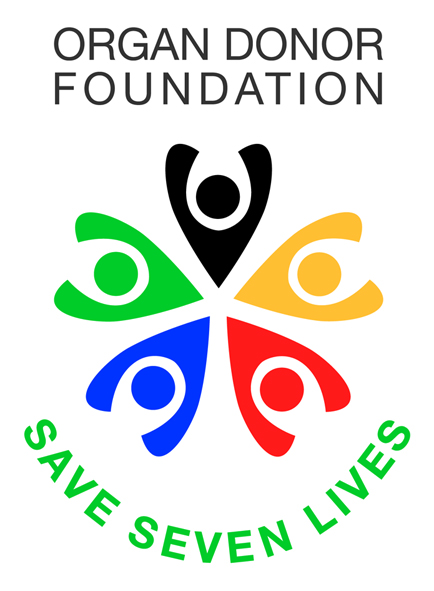Posted on August 22, 2011
Thousands of South Africans await organ and tissue transplants and due to the critical shortage of organs and tissue, donors are constantly in high demand. As with organs such as the heart, liver and kidneys, the demand for bone, tendons, skin, corneas and heart valves far outweighs the supply of these types of tissue. Through the advancement of modern technology, tissue transplants are becoming more prevalent as life enhancing procedures for many patients. Your decision to become a tissue or organ donor can help save and drastically improve a life.
Tissue transplants can be both life-saving and life-enhancing. Skin for burn victims and heart-valve replacements are examples of life-saving transplants. Corneal transplants for patients suffering from visual impairment and bone transplant for limb reconstruction improve and restore the quality of life of these patients. Transplants have become so successful that many people can be considered for this kind of treatment. More and more critically ill patients are added to the waiting list daily and this is happening faster than donor tissue becomes available. As a result, many individuals who could have lived with the aid of a transplant are dying.
One donor can help multiple patients. No tissue compatibility is necessary with certain types of human tissue transplants. In view of this fact and the high demand for donor tissue, the National Tissue Bank of the University of Pretoria needs to increase public awareness on the critical need for tissue. Various channels will be used to address and educate the public on this matter.
As an ISO 9001 and ISO 13485 accredited human tissue bank the Tissue Bank oversees and implements the entire process of human tissue donation and distribution, insisting on the highest standards in its policies, procedures and technological operation.
All potential donors are screened to determine donor suitability. This includes serological screening and testing for infectious and transmittable diseases. Informed consent is always obtained from the next-of-kin, as is the donor’s medical and social history. Even if one is not a registered donor, donation is still possible and one can always have a choice regarding the tissue or organs to be donated.
For more information about tissue donation, click here, or please contact:
Mrs Hester Rossouw (Donor Coordinator at the National Tissue Bank)
Tel.: 012 329 8411/6570
Cell: 082 783 5728
Email: [email protected]
Alternatively, call toll-free at 0800 87 2663
 Visit the Organ Donor Foundation website here: www.odf.org.za
Visit the Organ Donor Foundation website here: www.odf.org.za
Copyright © University of Pretoria 2025. All rights reserved.
Get Social With Us
Download the UP Mobile App